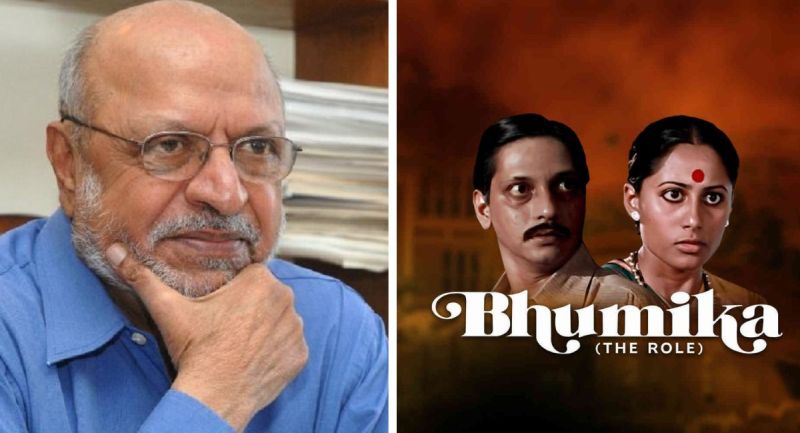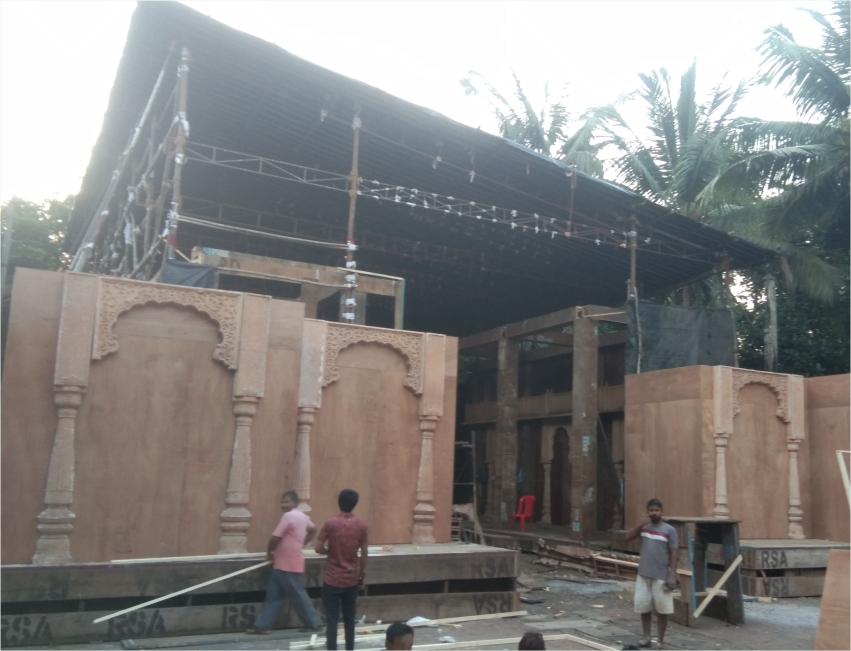Shyam Benegal, pioneer of Indian Parallel Cinema passes away at 90

- Christopher Rodrigues
- 24 Dec, 2024
A look back at 10 of his career-defining films
Shyam Benegal, the visionary filmmaker who reshaped Indian cinema with his socially charged and artistically profound narratives, passed away on December 23, 2024, at the age of 90. A leading figure in India’s parallel cinema movement, Benegal’s illustrious career spanned over five decades, earning him honours such as the Padma Shri, Padma Bhushan, and the Dadasaheb Phalke Award in 2005.
Born on December 14, 1934, in Hyderabad, Benegal began his professional journey in advertising before transitioning to filmmaking. His works, celebrated for their realism and exploration of social issues, set new benchmarks in Indian cinema and established him as a master storyteller.
Benegal’s filmmaking debut, Ankur (1974), was a groundbreaking exploration of caste and gender inequalities in rural India. The film’s unflinching narrative and nuanced characters signalled his commitment to addressing complex social realities.
His subsequent films, Nishant (1975) and Manthan (1976), cemented his reputation as a socially conscious filmmaker. Nishant, which tackled feudal oppression and systemic abuse of power, was India’s official entry for the Oscars and won the National Film Award for Best Feature Film. Manthan, funded by 500,000 dairy farmers, highlighted rural empowerment through cooperative movements, making it a landmark in participatory cinema.
Over the years, Benegal directed several acclaimed films that delved into diverse themes with unmatched depth and sensitivity.
In Bhumika (1977), he explored the emotional complexities of women through the story of an actress navigating professional and personal turmoil. Junoon (1978) brought history to life, portraying a poignant love story set during the Indian Rebellion of 1857. His modern-day retelling of the Mahabharata, Kalyug (1981), adapted the epic to reflect contemporary power struggles and societal dilemmas.
Benegal’s foray into satire with Mandi (1983) provided a sharp critique of politics and societal hypocrisy, centred on a brothel. The 1990s saw him crafting deeply personal narratives, such as Mammo (1994) and Sardari Begum (1996), both part of his trilogy on Muslim women. These films examined identity and resilience amidst societal constraints. In 2001, Zubeidaa depicted the tragic life of a famous actress, blending historical drama with Benegal’s characteristic storytelling finesse.
Benegal’s dedication to realism and his portrayal of human experiences established him as a towering figure in Indian cinema. His ability to address pressing social issues through compelling narratives remains unparalleled.
As news of his passing spread, tributes poured in from across the world. Actors, filmmakers, and admirers mourned the loss of a cinematic maestro whose works profoundly impacted audiences and the industry.
Though Shyam Benegal is no longer with us, his films remain a testament to the transformative power of cinema.





